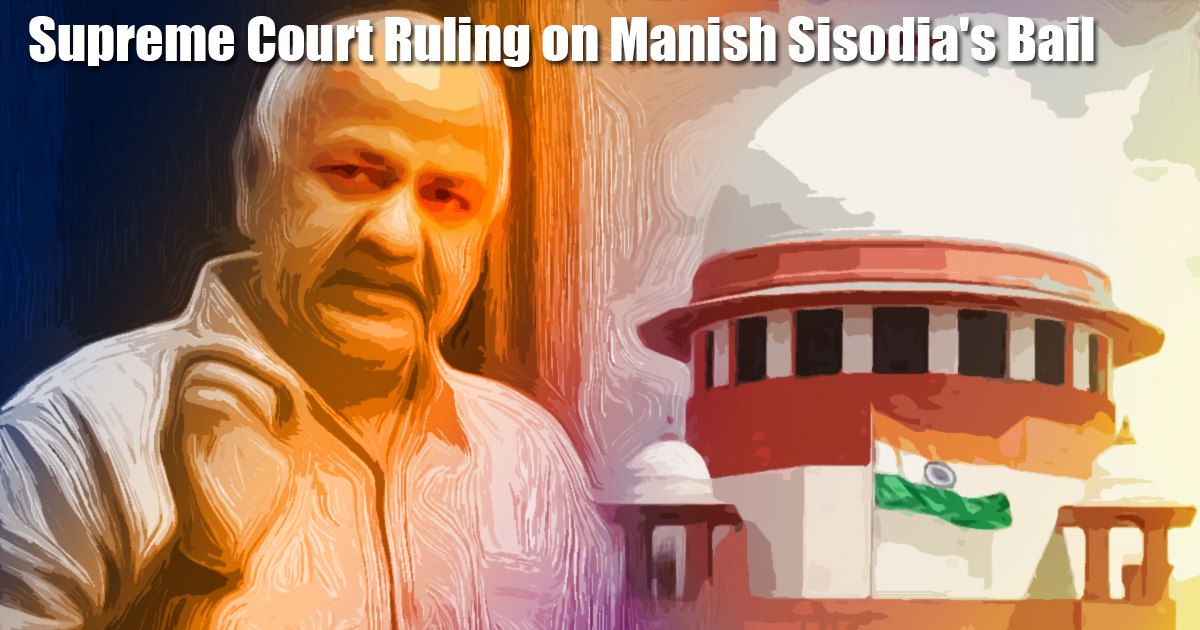
Context: The Supreme Court’s decision to grant bail to Manish Sisodia emphasizes the principle established by Justice Krishna Iyer in 1977, stating that “bail is the rule and jail is the exception.” This ruling reflects a broader commitment to uphold individual liberty and prevent undue punishment due to procedural delays.
Key Points:
- Delayed Trials: The Court acknowledged that the sheer volume of documents and witnesses, as seen in Sisodia’s case, could lead to significant trial delays. Such delays can result in the unjust confinement of undertrials, effectively turning pre-trial detention into a form of punishment, contrary to the objectives of the legal system.
- Right to Fair and Speedy Trial: The Supreme Court reiterated that the right to a fair and speedy trial is protected under Article 21 of the Indian Constitution. This right is crucial in safeguarding individual liberty against excessive actions by the executive branch.
- Relevant Precedents: The Court referred to the Arnab Goswami Case (2020) and other landmark judgments, such as those from Kashmira Singh (1977) to Sheikh Javed Iqbal (2024), which underscore the importance of a speedy trial in upholding the tenacity of liberty.
- PMLA Concerns: The Court noted that Section 45 of the Prevention of Money Laundering Act (PMLA) should not hinder the granting of bail in cases of prolonged incarceration or slow trials. The low conviction rate under the PMLA, with only 40 convictions out of over 5,000 cases in the past decade, raises concerns about the potentially oppressive use of penal laws.
- Justice and Dignity: The Supreme Court emphasized the importance of ensuring justice and preserving human dignity, particularly in a democracy facing challenges. This ruling underscores the judiciary’s role in maintaining the balance between law enforcement and protecting individual rights.




